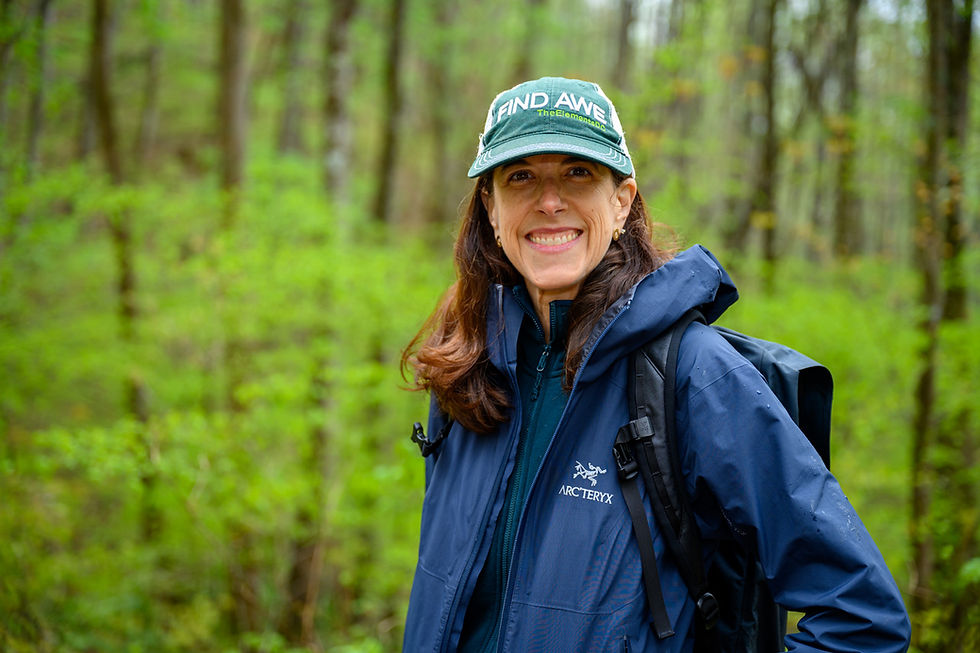A Conversation with Dr. Qing Li about His New Book on Shinrin-Yoku
- hikingresearch
- Feb 11, 2018
- 2 min read
By Dr. Mark A Ellison
The Japanese practice of Forest Medicine,or Shinrin-Yoku, has gained quite a bit of notoriety of the past few years. Dr. Qing Li is the person who helped develop this practice and promote it first in Japan, and subsequently around the world. I first worked with Dr. Li in 2011, and had the opportunity to meet with him in 2013 where we presented at a conference about the International Society of Nature and Forest Medicine.

Qing Li and Mark Ellison hosting the first North American INFOM meeting.
Dr. Li is a physician at Tokyo’s Nippon Medical School, a visiting fellow at the Stanford University School of Medicine, is a founding member and chairman of the Japanese Society for Forest Medicine, a member of the Task Force of Forests and Human Health, and the vice president and secretary general of the International Society of Nature and Forest Medicine.
He has a new book that will be released in April 2018: Forest Bathing: How Trees Can Help You Find Health and Happiness which will provide insights to how nature impacts our health and how to experience Shinrin-Yoku. I recently had the opportunity to get feedback from Dr. Li about his new book recently.

What is the focus of this book?
“Although there is not much new data in this book, it is written for general readers in an easy to understand manner. The target audience for this book is the general public, not for researchers. There are many forest bathing practices in this book.”
Is Forest Medicine becoming more widely accepted?
“We have to understand that Forest Medicine is a preventive medicine, but not a clinical medicine in the moment. I hope Forest Medicine will be developed into a clinical medicine at least partially.”
What countries are in the forefront of developing forest therapy bases and or integrating access to nature as a primary public health initiative?
Japan, Korea, Finland, China
How do you practice Shinrin-Yoku?
“I always go to forest bathing once a month and visit city park every weekend. I always take hot spring after forest bathing.”

Dr. Qing Li
Spending time in nature has many benefits for the mind, body, and spirit. Take time to learn more about Shinrin-Yoku in your efforts to maximize your health and well-being.








Comments